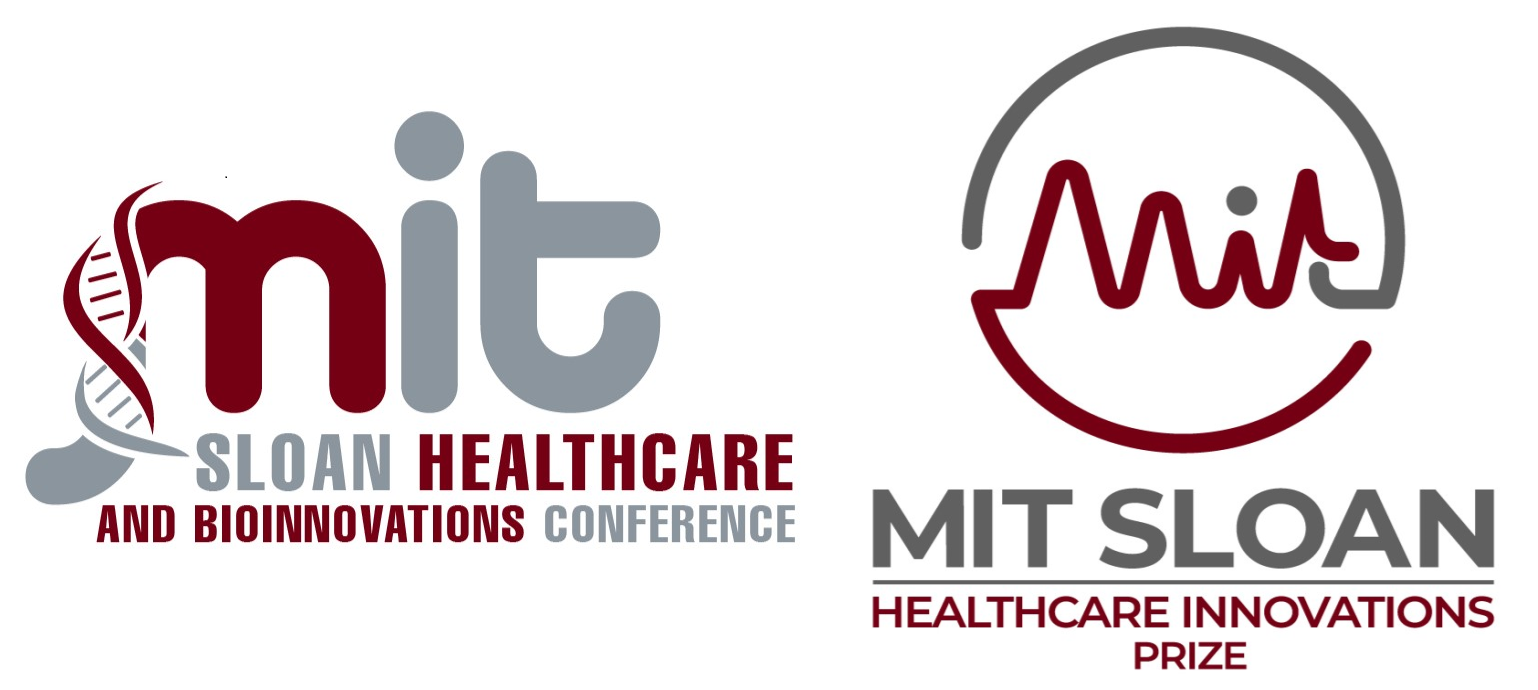Data-driven Drug Repurposing
Panelists
Panna Sharma
CEO
LANTERN PHARMA INC.
Panna Sharma has served as the President, CEO, and director of Lantern Pharma Inc., a clinical-stage oncology biotech using AI and genomics to innovate the rescue, revitalization, and development of precision cancer therapeutics, since 2018. As CEO, Panna is responsible for developing Lantern’s strategic vision and working closely with venture investors to raise capital that will place the Company at the forefront of using AI and genomics in developing its pipeline of precision therapies, which currently consists of four drug candidates and an ADC program.
Panna previously served as President and CEO of Cancer Genetics, Inc. (Nasdaq: CGIX), a provider of genomic and immune-based cancer diagnostics and therapy development services to medical institutions. In his capacity as CEO at CGIX, he raised over $100 million in the public and private markets and grew the company from 25 employees in New Jersey to over 250 employees globally across multiple continents. Panna took CGIX public in 2013 and acquired four companies globally that help CGIX deliver on its mission to help personalize cancer treatment.
Prior to CGIX, Panna founded TSG Partners, a specialty advisory group combining corporate strategy and corporate finance to create shareholder value for companies and investors across multiple sectors. Panna attended Boston University in the University Professors Program and focused his studies on Philosophy of Science, Neural Networks and Artificial Intelligence.
Laura Kleiman
CEO
REBOOT RX
Laura is the Founder & CEO of RebootRx, a 501(c)(3) nonprofit organization dedicated to accelerating the development of affordable treatments using repurposed generic drugs, AI technology, and innovative funding models. Laura’s career has focused on building collaborations across disciplines and sectors to expand treatment options for cancer patients. She was serving as the Scientific Research Director of the cBio Center at the Dana-Farber Cancer Institute when her mom was diagnosed with a blood cancer called multiple myeloma. While searching for treatment options, she found studies on promising treatments for patients like her mom, but there wasn’t yet proof that the treatments were effective. It was upsetting to learn that no one was running the definitive clinical trials because the drugs are cheap generics being repurposed as cancer therapies, and pharmaceutical companies wouldn’t generate large profits. Laura quit her job to focus on addressing this market failure and launched Reboot Rx in 2020.
Laura has been featured in Forbes, the Boston Business Journal, Inside Philanthropy, and Life Science Leader, and recognized with awards from The Commonwealth Institute's Extraordinary Women Advancing Healthcare, 40 Under 40 in Cancer, the Massachusetts Life Sciences Center's MassNextGen Initiative, and the Dana-Farber Cancer Institute. She is a Draper Richards Kaplan Foundation Entrepreneur and Henri Termeer Fellow. Laura earned a PhD in Computational and Systems Biology from MIT and was an American Cancer Society Postdoctoral Fellow at the Massachusetts General Hospital and Harvard Medical School.
Manolis Kellis
PROFESSOR OF COMPUTER SCIENCE
MIT
Manolis Kellis is a professor of computer science at MIT, a member of the Broad Institute of MIT and Harvard, a principal investigator of the Computer Science and Artificial Intelligence Lab at MIT, and head of the MIT Computational Biology Group. His research spans a broad spectrum of areas, including disease genetics, epigenomics, gene circuitry, non-coding RNAs, regulatory genomics, and comparative genomics.
Manolis’ research has made important discoveries for Alzheimer's Disease, Obesity, Schizophrenia, Cardiac Disorders, Cancer, and Immune Disorders, and has broad implications for the study of all human disease. He has led several large-scale genomics projects, including the Roadmap Epigenomics project, the ENCODE project, the Genotype Tissue-Expression (GTEx) project, and comparative genomics projects in mammals, flies, and yeasts.
Manolis received the US Presidential Early Career Award in Science and Engineering (PECASE) by President Barack Obama, the Mendel Medal for Outstanding Achievements in Science, the NIH Director’s Transformative Research Award, the Boston Patent Law Association award, the NSF CAREER award, the Technology Review TR35 recognition, and the Sprowls award for the best Ph.D. thesis in computer science at MIT. He has authored over 250 journal publications cited more than 150,000 times. He lived in Greece and France before moving to the US.
Moderator
Yan Song
VP
ANALYSIS GROUP
Dr. Yan Song is a Vice President at Analysis Group and an epidemiologist with expertise in biostatistics and clinical medicine, which he uses to address a wide array of analytical questions in health care. He has broad experience designing and implementing advanced and innovative real-world data analytic and economic modeling solutions for pharmaceutical clients. Dr. Song conducts research to evaluate and compare the clinical, economic, and humanistic impacts of diseases and treatments across a variety of therapeutic areas. He is experienced in disease areas such as oncology, hematology, infectious diseases and vaccines, dermatology, rheumatology, cardiology, and endocrinology. Dr. Song has provided cross-indication consulting for multiple blockbuster pharmaceutical products, as well as novel pipeline agents. In his work, he uses data from clinical trials, administrative claims, medical chart reviews, surveys, qualitative interviews, and medical literature. His research has covered many different study types, including disease epidemiology, burden of illness, disease treatment and management patterns, comparative effectiveness research, individualized medicine, systematic literature reviews, indirect treatment comparisons, economic modeling such as cost-effectiveness analyses and budget impact analyses, analyses of patient-reported outcomes, and preference research such as discrete choice experiments. Dr. Song’s work has been published in peer-reviewed journals and presented at international conferences on medical and health care research.





